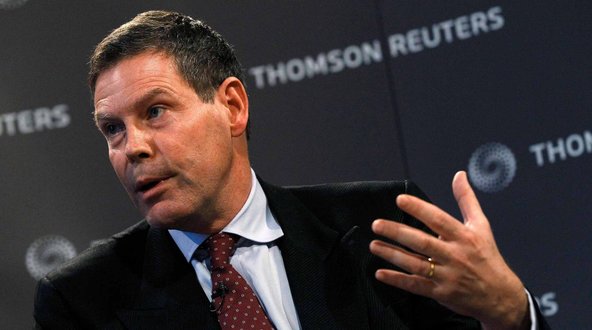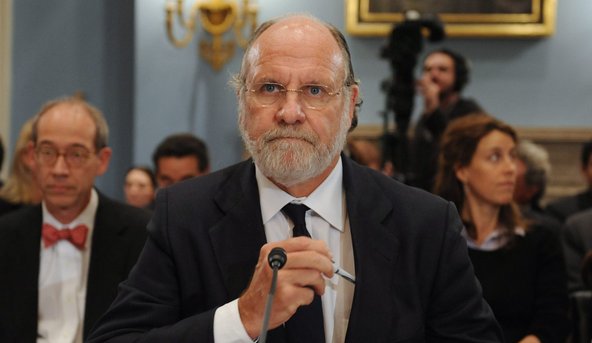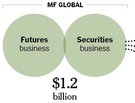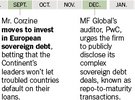LONDON — Vestas, the Danish wind turbine maker, appointed a new chief executive, Anders Runevad, on Wednesday amid signs that the company is continuing to struggle.
Mr. Runevad replaces Ditlev Engel, who been chief executive since 2005.
The company reported a net loss of 62 million euros, or $83 million, for the second quarter, compared with a loss of $10.7 million in the similar quarter a year earlier. Revenue declined to $1.6 billion, compared with $2.1 billion the previous year.
The company’s share price, which has fallen about 85 percent since 2009, was up 5 percent Wednesday in Copenhagen trading.
Vestas, once a star of the wind power industry, has been under pressure in recent years from the recession in Europe, lower government subsidies for alternative energy and competition from China. These trends have put pressure on most of the renewables industry.
The company’s chairman, Bert Norberg, a former executive at Ericsson, the Swedish telecommunications company, has been leading a restructuring of the company since 2012. Several top executives have been replaced. The company also says it is cutting its work force to no more than 16,000 at the end of this year, from 22,700 employees at the end of 2011.
Like Mr. Norberg, Mr. Runevad, the new chief executive, comes from Ericsson, where he was president for Western and Central Europe.
“The company is now entering a new phase, where we want to realize our growth potential, and I am confident that Mr. Runevald has the right experience to lead the company, ” Mr. Norberg said in a statement.
There were some bright spots in the results announced Wednesday. Orders booked in the quarter nearly doubled, to $2.3 billion. Free cash flow, or money available for investment or redistribution to shareholders, was positive, at $264 million, compared to a negative $453 million a year ago.
But there were also signs of lingering problems. For instance, Vestas cut its estimate of its order book by $536 million, to $95 billion, “due to uncertainty surrounding a few customers’ ability to comply with the contractual obligations.” The company said that about half of the amount “relates” to a Central European customer that it did not name.

Article source: http://www.nytimes.com/2013/08/22/business/global/danish-wind-turbine-maker-appoints-new-leader.html?partner=rss&emc=rss








